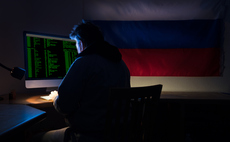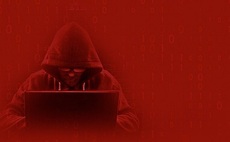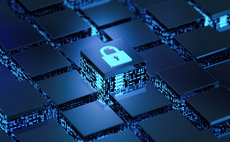Spy agency physically installs malware and uses 'secret' radio technology to monitor PCs, according to the latest Snowden revelations
The US National Security Agency (NSA) has installed software in about 100,000 computers around the world, enabling the spy agency to conduct surveillance on those machines and provide a "digital hi...
To continue reading this article...
Join Computing
- Unlimited access to real-time news, analysis and opinion from the technology industry
- Receive important and breaking news in our daily newsletter
- Be the first to hear about our events and awards programmes
- Join live member only interviews with IT leaders at the ‘IT Lounge’; your chance to ask your burning tech questions and have them answered
- Access to the Computing Delta hub providing market intelligence and research
- Receive our members-only newsletter with exclusive opinion pieces from senior IT Leaders























